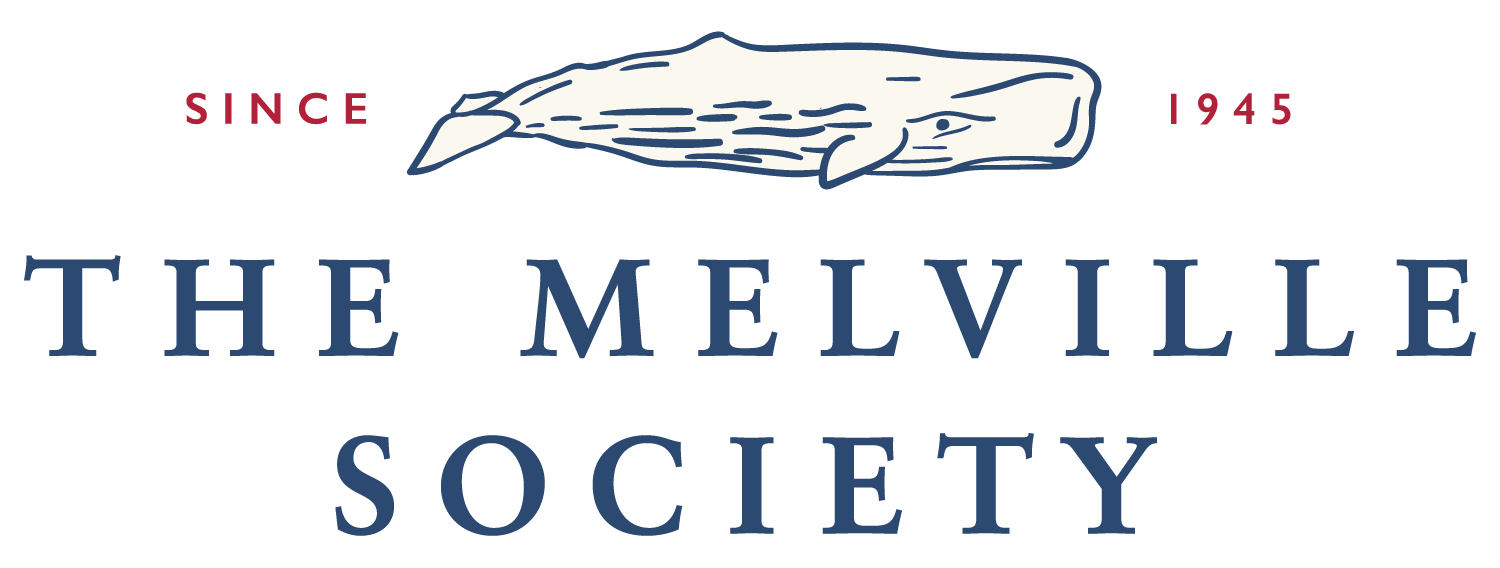MLA 2022 Call for Papers
The following two Calls for Papers are for the two panels that the Melville Society is sponsoring at the 2022 Modern Language Association Conference in Washington DC: "Embrace All Aliens”: Melville and Migration and "Melville and the Cultures of Antiquity".
Deadline for submissions: Tuesday, 23 March 2021
Melville and the Cultures of Antiquity
—
From Bartleby, brooding “among the ruins of Carthage,” to three giant turtles surviving like “Roman Coliseums in magnificent decay,” to Billy Budd, who “showed in face that humane look of reposeful good nature which the Greek sculptor in some instances gave to his heroic strong man, Hercules,” Melville repeatedly turned to Greek and Roman art and history to analogize the people (and other animals) populating his stories and poems. But even before visiting the Levant in 1856, Melville had also demonstrated a fascination with the culture and iconography of ancient Egypt and Palestine, and he regularly drew on a rich bibliography of ancient art, mythology and history to analogize his protagonists, inform his figurations and lend gravitas to his poetry and fiction. Scholars have documented these allusions in great detail, but recent debates in the discipline of Classics might prompt us to revisit Melville’s relationship to ancient culture. Princeton Classicist, Dan-el Padilla Peralta, for example, has suggested that “the production of whiteness turns on closer examination to reside in the very marrow of classics.” For Padilla and others, ancient Greece and Rome have, for too long (and in a disturbingly resurgent way in recent years) fuelled racist fantasies of white European supremacy while concealing -- and providing tacit consent for -- various forms of exclusionary political and cultural practice. “Melville and the Cultures of Antiquity” will consider how we might read Melville’s attachment to and treatment of the culture of antiquity in the light of such re-evaluations. Reflecting on the full range of Melville’s written work, this panel will ask if Melville’s oeuvre betrays a familiar predilection for Greco-Roman (white) exemplars or if his wide-ranging allusions reveal a more idiosyncratic relationship to the ancient past. Did Melville contribute to the nineteenth-century European determination to distinguish a “western” tradition of superior civilization reaching back to the Greeks and forward to a contemporary Anglo-American elite? Or did Melville take different lessons from ancient culture, including, among other things, a keen sense of the latent violence and fragility of western political and ethical ideals? Is there anything in Melville’s use of ancient figures and motifs, in other words, that might rub against the grain of hegemonic nineteenth- or twentieth-century European classicism?
Please send a 250-word abstract and brief bio to Paul Downes (paul.downes@utoronto.ca) by March 23.
“Embrace All Aliens”: Melville and Migration
—
This panel takes its title from C.L.R James’s Mariners, Renegades and Castaways: writing in the summer of 1952, while interned on Ellis Island, James famously turned to Melville to put pressure on political-juridical ideologies of U.S. citizenship and appeal (without success) for his own inclusion in the U.S body politic. For James, the Island – like the Pequod – represented in microcosm the entire world and in doing exposed the social relations which produced postwar taxonomies of nationality, citizenship, and humanness.
While Melville often serves as a locus for thinking about immigration, globalization, imperialism, colonial taxonomies, and neoliberal multiculturalism, James’s insistent meditation on the category of the “alien” both reproduces and unsettles humanist assumptions which structure these discourses. Following James, this panel will interrogate the “alien” and its relation to ideologies of citizenship, statehood, migration, and (post)-humanism. We welcome papers that explore these thematics both in Melville's own thinking as well as within a rich archive of 20th and 21st century literature which has reimagined Melville's oceanic cartographies (from James to Ocean Vuong to Karen Tei Yamashita). We especially welcome approaches that consider Melville’s place in Black feminist critique, including the works of Toni Morrison, Hortense Spillers and Alexis Pauline Gumbs; reverberations of Melville in Indigenous futurism and Afrofuturism; and the disintegration of borders (both national and human) in recent “cli-fi” literature.
Topics may include: Immigration and discourses of work and post-work; gestation, labor, and sexual/social reproduction across borders; industrialization, capitalist futurity, and anthropogenic climate crisis; climate migrations both human and non-human; scientific surveillance and profiling technologies; the afterlives of the Middle Passage; national and supranational asylum and immigration law; discourses of citizenship, deviance, and criminality; and calls, especially from Black and Indigenous critics which foreground vulnerability, collectivity, and a reimagining of political, taxonomic, and personal borders: or what Gumbs has called "nourishing forms of adaptation."
Please send a 250 word abstract and brief bio to Mary Grace Albanese (malbanes@binghamton.edu) by March 23.
